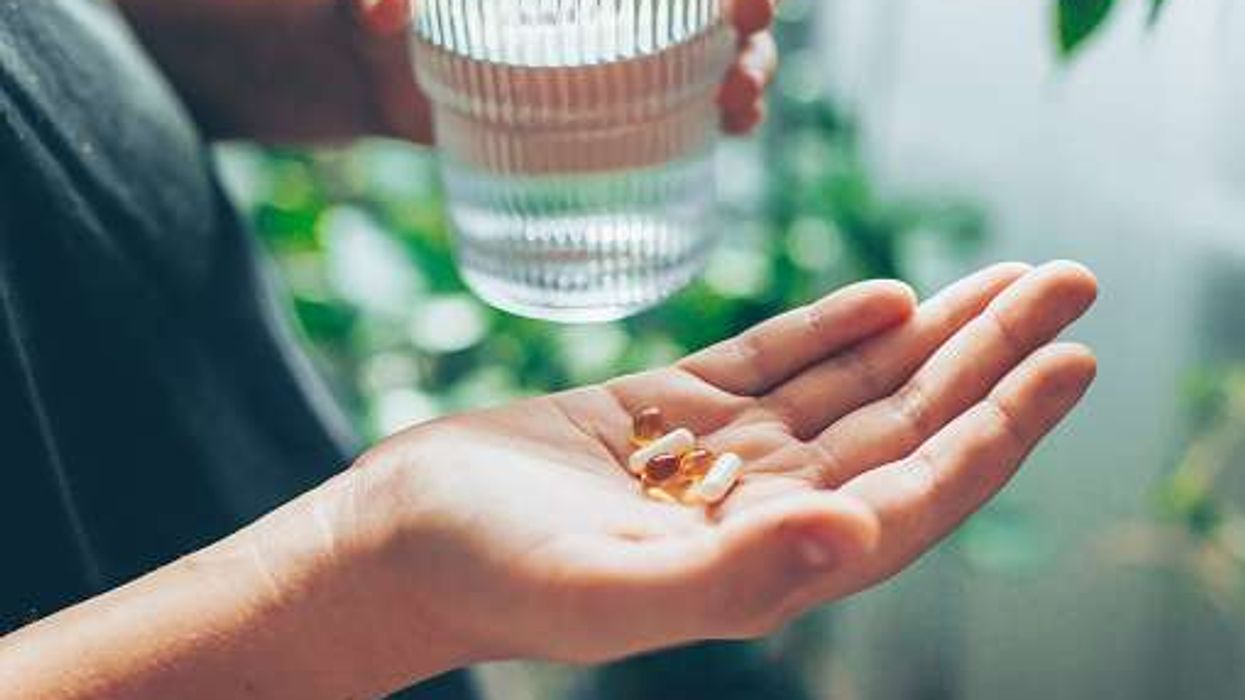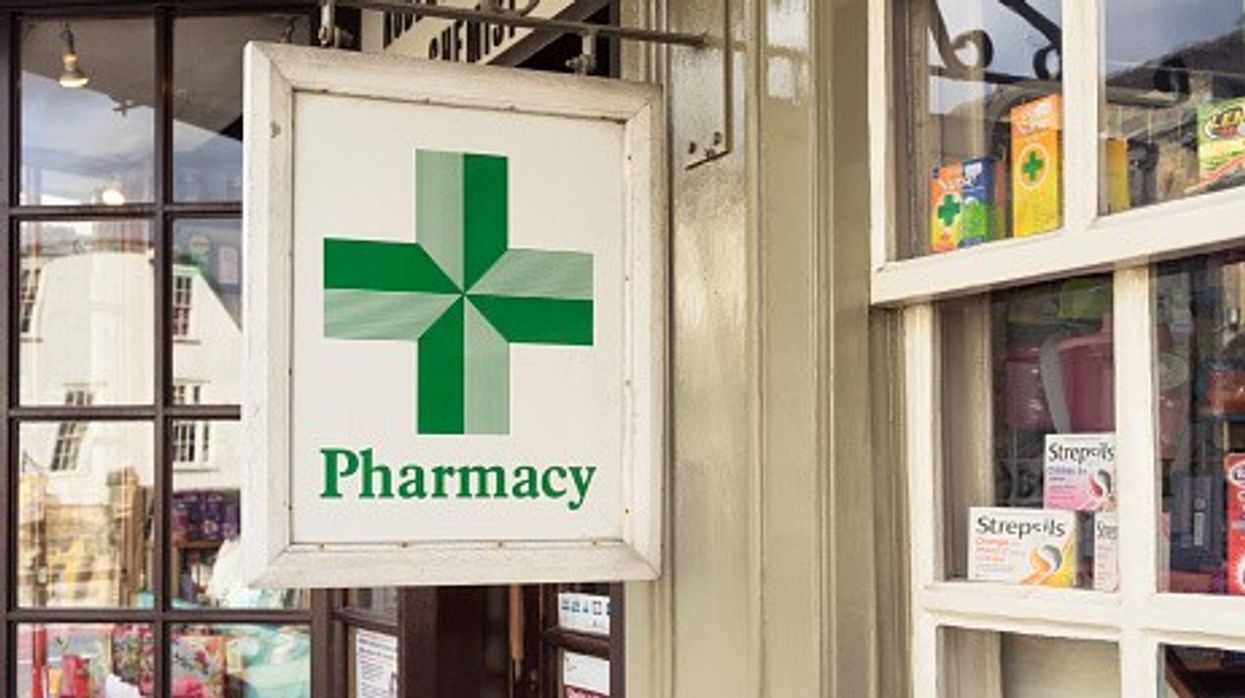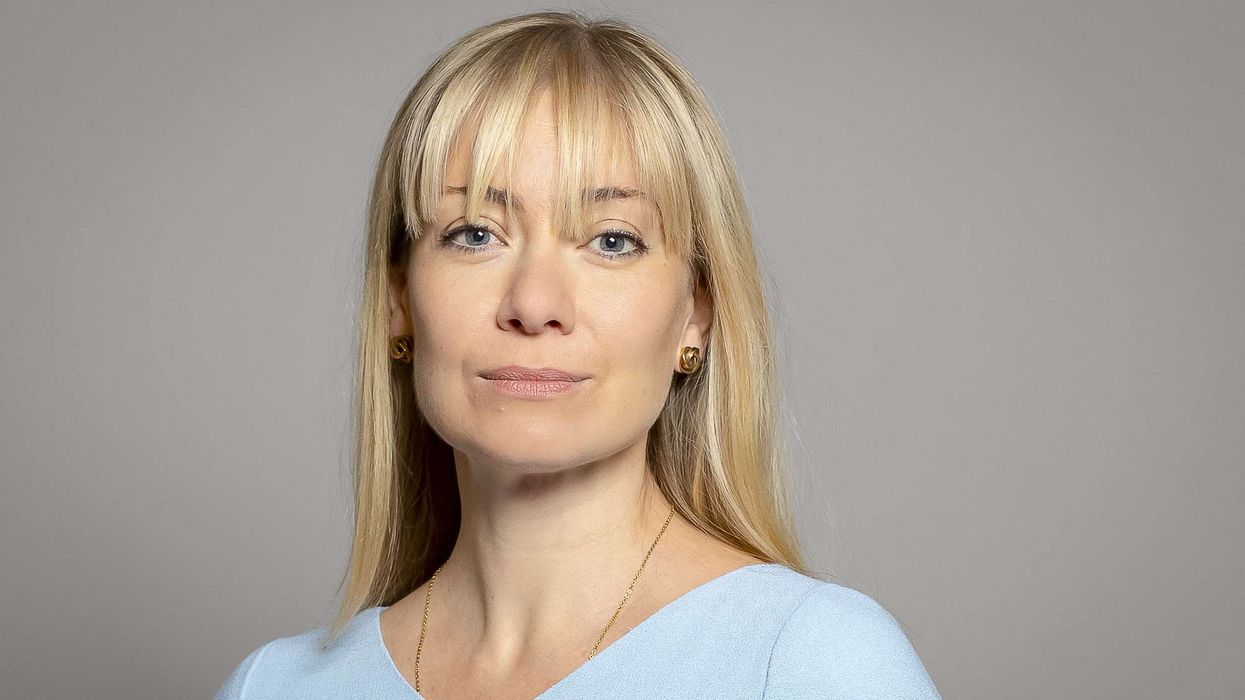For the first time, the National Institute for Health and Care Excellence (NICE) has recommended acupressure and intravenous fluids to treat extreme cases of nausea and vomiting in pregnancy.
In a draft guidance published on Feb 11, NICE has recommended the use of pharmacological antiemetics or anti-sickness medicines in line with guidance from the Royal College of Obstetricians and Gynaecologists.
This replaces the recommendations from NICE’s guidance on antenatal care, published in 2008, and aims to improve consistency of care across the country.
The recommendations are based on evidence collected prior to the Covid-19 pandemic and the draft guidance is out for public consultation until March 24.
The latest update offers practical advice on the care of healthy women and their babies during pregnancy.
It aims to ensure that women are offered regular check-ups, information and support, and includes recommendations on a range of topics from monitoring foetal growth to sleep positions to avoid during pregnancy.
Although evidence supports the benefits of new draft recommendations, such as involving partners in antenatal appointments, the committee recognises that alternative arrangements may need to be made throughout the Covid-19 pandemic.
The guidance suggests that health care practitioners consider virtual appointments and classes, which may be especially beneficial while government restrictions are in place.
Dr Paul Chrisp, director of the Centre for Guidelines at NICE, said: “While non-pharmacological treatments may help the majority of women experiencing nausea and vomiting during pregnancy, hyperemesis gravidarum can be extremely serious, and it is essential that effective treatment options are available.
“It is our hope that this guidance will help inform clinicians of the value of treatments like antiemetics and acupressure, and enable them to provide care that keeps women safe and healthy throughout their pregnancy.”
Dr Edward Morris, president at the Royal College of Obstetricians and Gynaecologists, said: “We are aware that the sensitivities of the pandemic mean that not all of the new recommendations in this update can be supported at the present time, but our hope is that alternatives may be considered where appropriate.”











